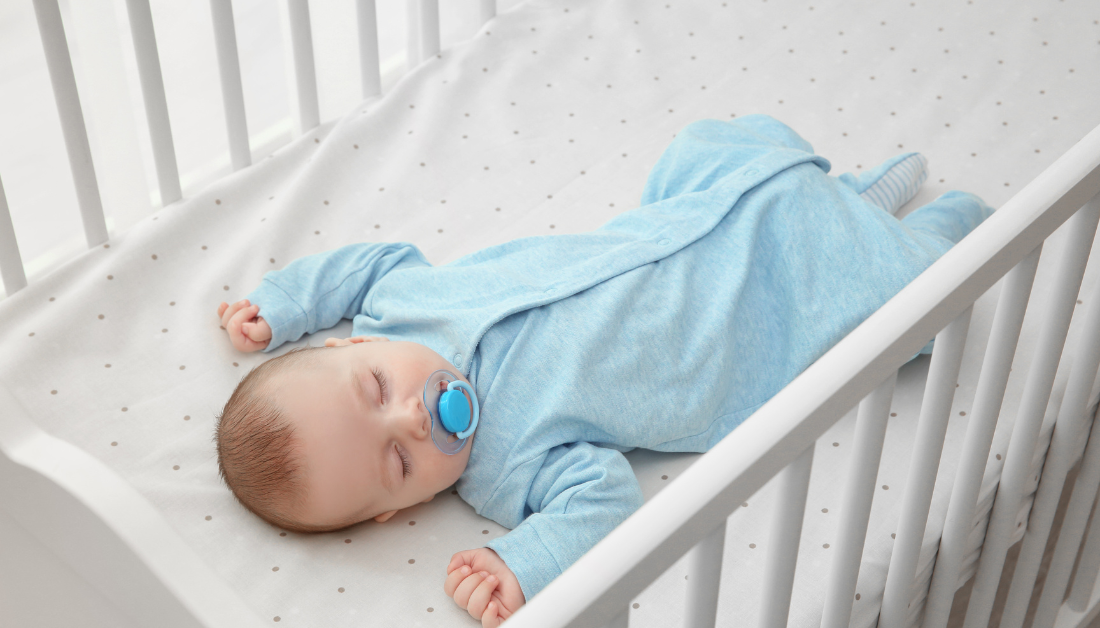

An international team of researchers from Trinity College Dublin and colleagues in Australia, Germany, and the United States discovered evidence that some sort of conscious experience is present at birth, and possibly even in late pregnancy- Infant Consciousness
The findings, published today in Trends in Cognitive Science, have important clinical, ethical and potentially legal implications
In the study, titled “Consciousness in the cradle: on the emergence of infant experience,” the researchers argue that by birth the infant’s developing brain is capable of conscious experiences that can make a lasting imprint on their developing sense of self and understanding of their environment.
The team included neuroscientists and philosophers from Monash University in Australia; University of Tübingen in Germany; University of Minnesota in the U.S., and Trinity College Dublin.
“Although each of us was once a baby, infant consciousness remains mysterious, because infants cannot tell us what they think or feel,” explains one of the two lead authors of the paper Dr. Tim Bayne, Professor of Philosophy at Monash University (Melbourne): “Nearly everyone who has held a newborn infant has wondered what, if anything, it is like to be a baby. But of course we cannot remember our infancy, and consciousness researchers have disagreed on whether consciousness arises ‘early’ (at birth or shortly after) or ‘late’—by one year of age, or even much later.”
The team used recent developments in consciousness science to present a new viewpoint on when consciousness first begins. Some signals from brain imaging have been shown to accurately distinguish consciousness from its absence in adults, and are increasingly used in science and medicine. This is the first time that these markers have been utilized to assess baby consciousness.
Co-author of the study, Lorina Naci, Associate Professor in the School of Psychology, who leads Trinity’s Consciousness and Cognition Group, explained, “Our findings suggest that newborns can integrate sensory and developing cognitive responses into coherent conscious experiences to understand the actions of others and plan their own responses.”
The pamphlet also discusses “what it’s like” to be a baby. We know that babies’ vision is significantly more undeveloped than their hearing, for example. Furthermore, this research implies that while infants are conscious of fewer items than adults and take longer to absorb what’s in front of them, they can quickly handle more diverse information, such as sounds from foreign languages, than their older self.
For more information: Consciousness in the cradle: on the emergence of infant experience, Trends in Cognitive Sciences (2023). DOI: 10.1016/j.tics.2023.08.018
more recommended stories
 Pancreatic Cancer Research: Triple-Drug Therapy Success
Pancreatic Cancer Research: Triple-Drug Therapy SuccessKey Summary Spanish researchers report complete.
 Immune Cell Epigenome Links Genetics and Life Experience
Immune Cell Epigenome Links Genetics and Life ExperienceKey Takeaway Summary Immune cell responses.
 Dietary Melatonin Linked to Depression Risk: New Study
Dietary Melatonin Linked to Depression Risk: New StudyKey Summary Cross-sectional analysis of 8,320.
 Chronic Pain Linked to CGIC Brain Circuit, Study Finds
Chronic Pain Linked to CGIC Brain Circuit, Study FindsKey Takeaways University of Colorado Boulder.
 New Insights Into Immune-Driven Heart Failure Progression
New Insights Into Immune-Driven Heart Failure ProgressionKey Highlights (Quick Summary) Progressive Heart.
 Microplastic Exposure and Parkinson’s Disease Risk
Microplastic Exposure and Parkinson’s Disease RiskKey Takeaways Microplastics and nanoplastics (MPs/NPs).
 Sickle Cell Gene Therapy Access Expands Globally
Sickle Cell Gene Therapy Access Expands GloballyKey Summary Caring Cross and Boston.
 Reducing Alcohol Consumption Could Lower Cancer Deaths
Reducing Alcohol Consumption Could Lower Cancer DeathsKey Takeaways (At a Glance) Long-term.
 NeuroBridge AI Tool for Autism Communication Training
NeuroBridge AI Tool for Autism Communication TrainingKey Takeaways Tufts researchers developed NeuroBridge,.
 Population Genomic Screening for Early Disease Risk
Population Genomic Screening for Early Disease RiskKey Takeaways at a Glance Population.

Leave a Comment